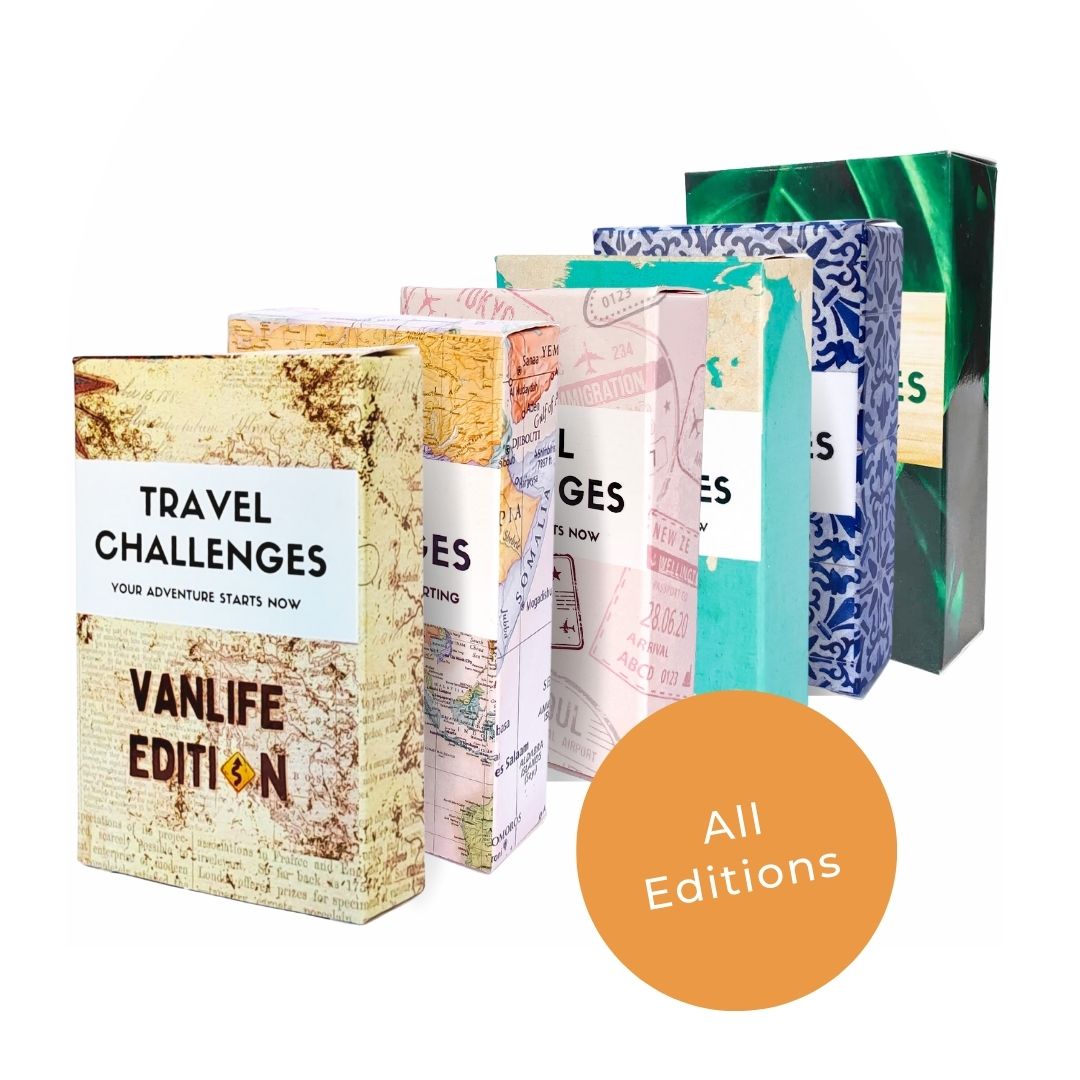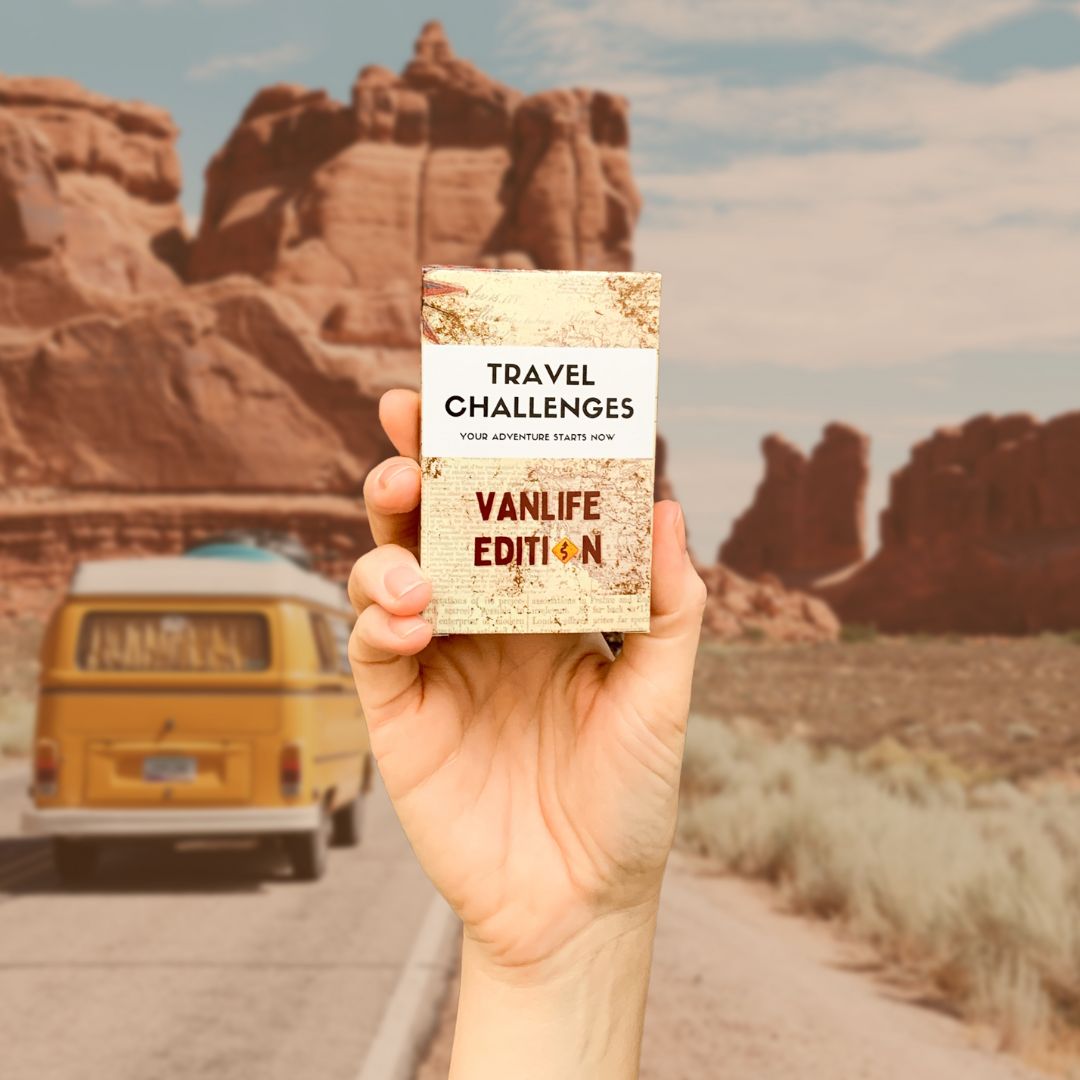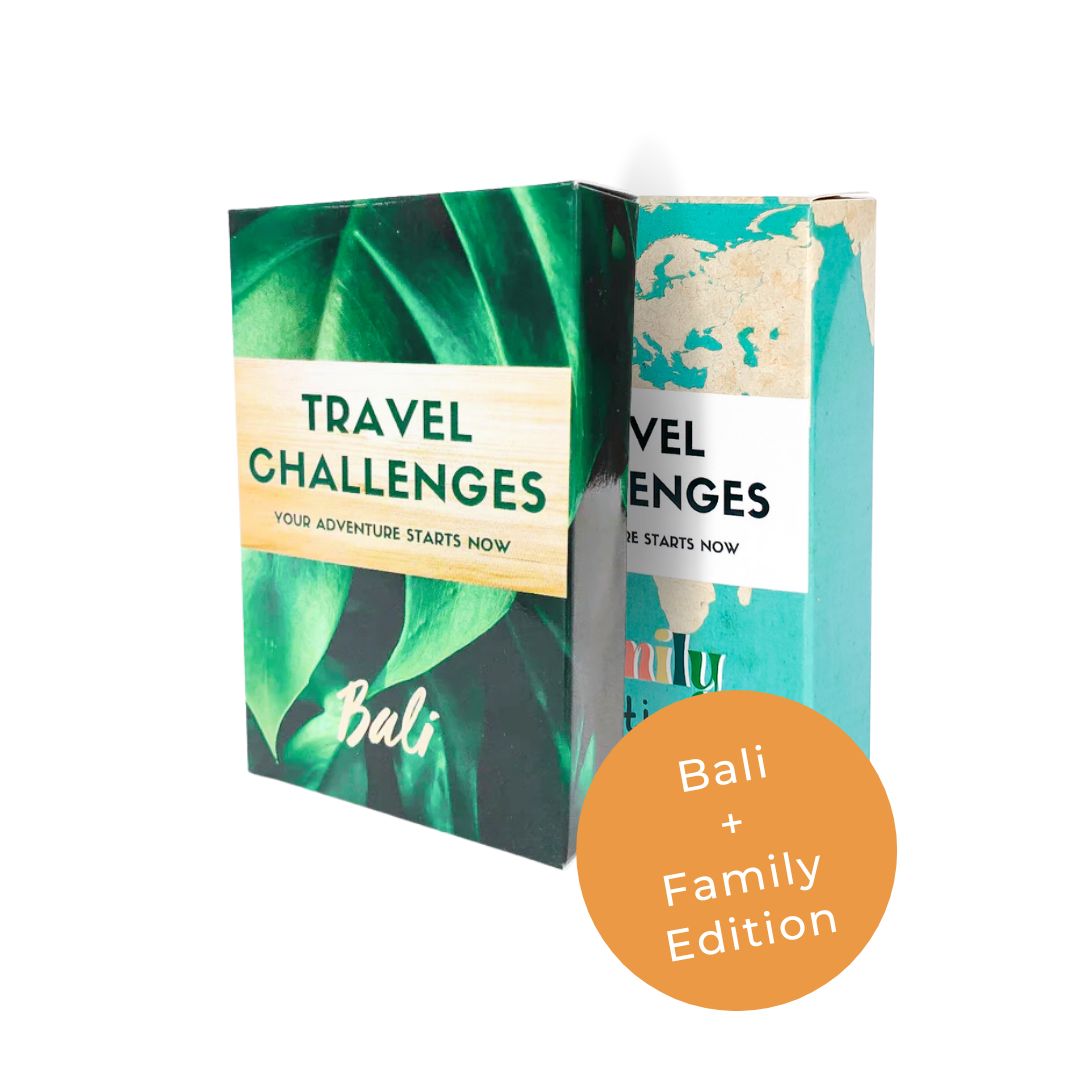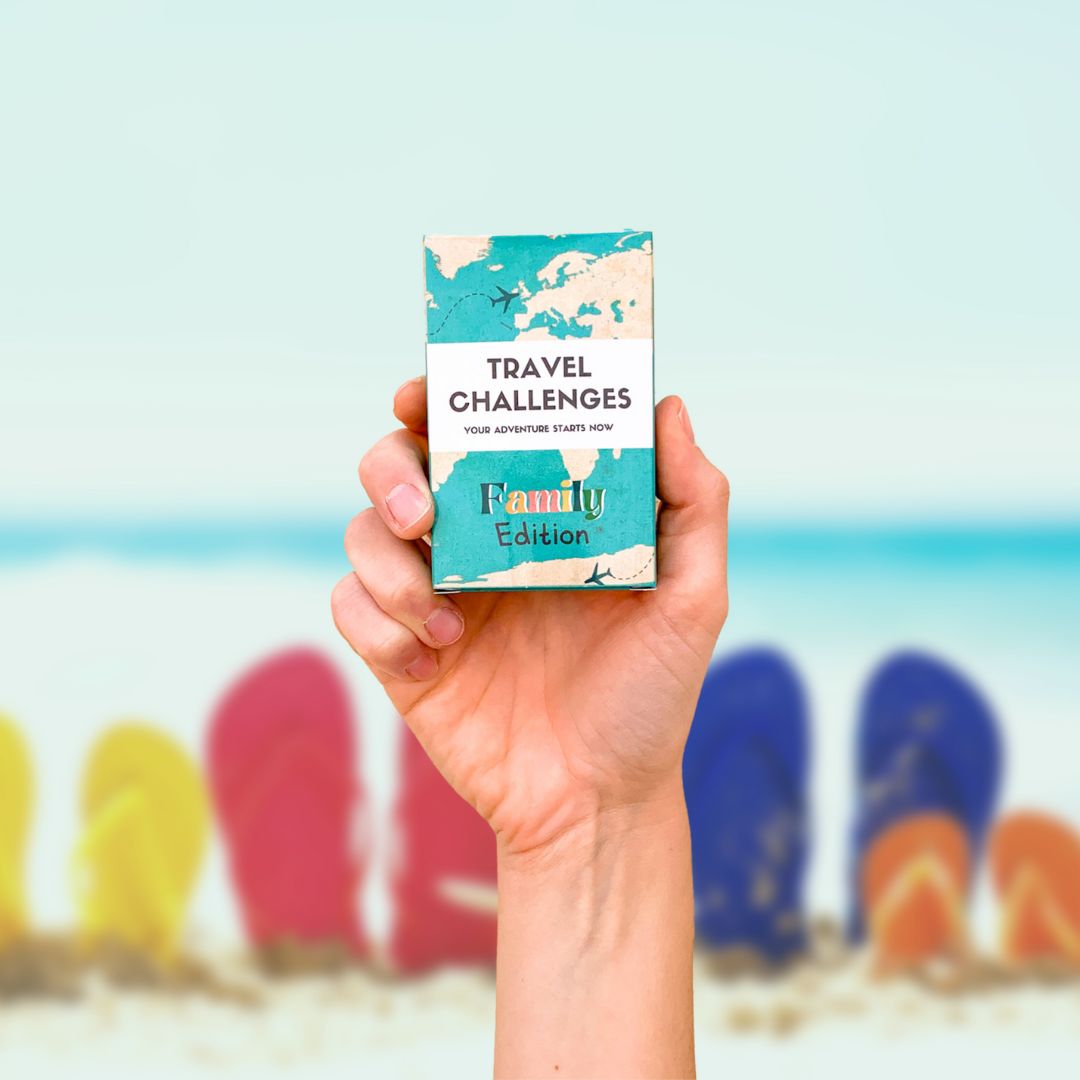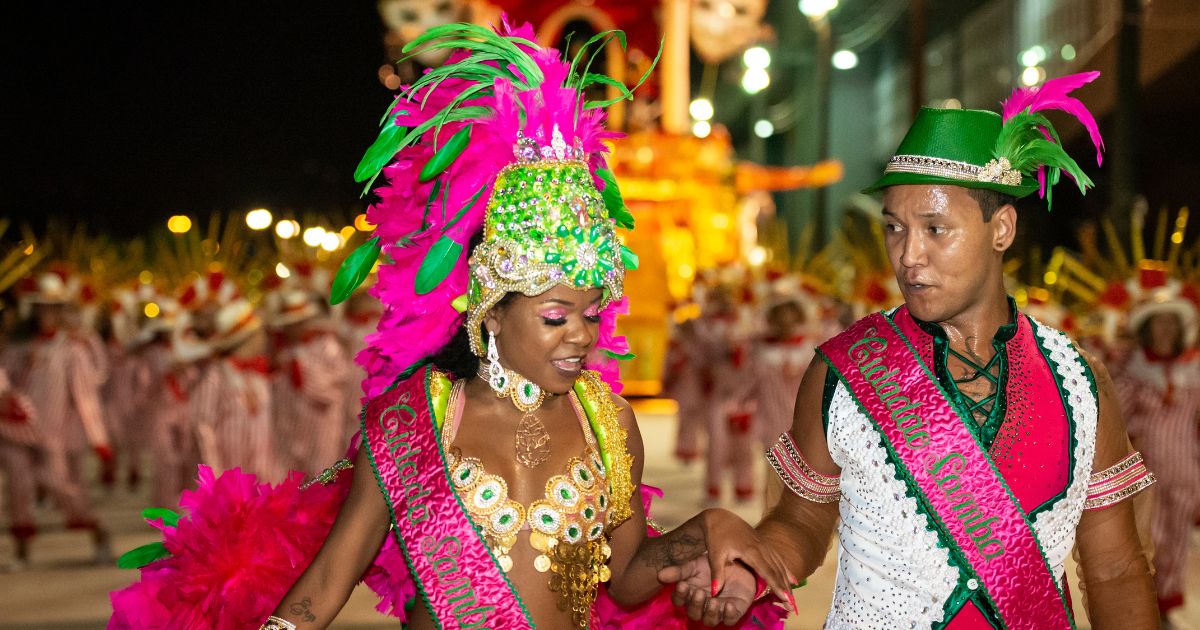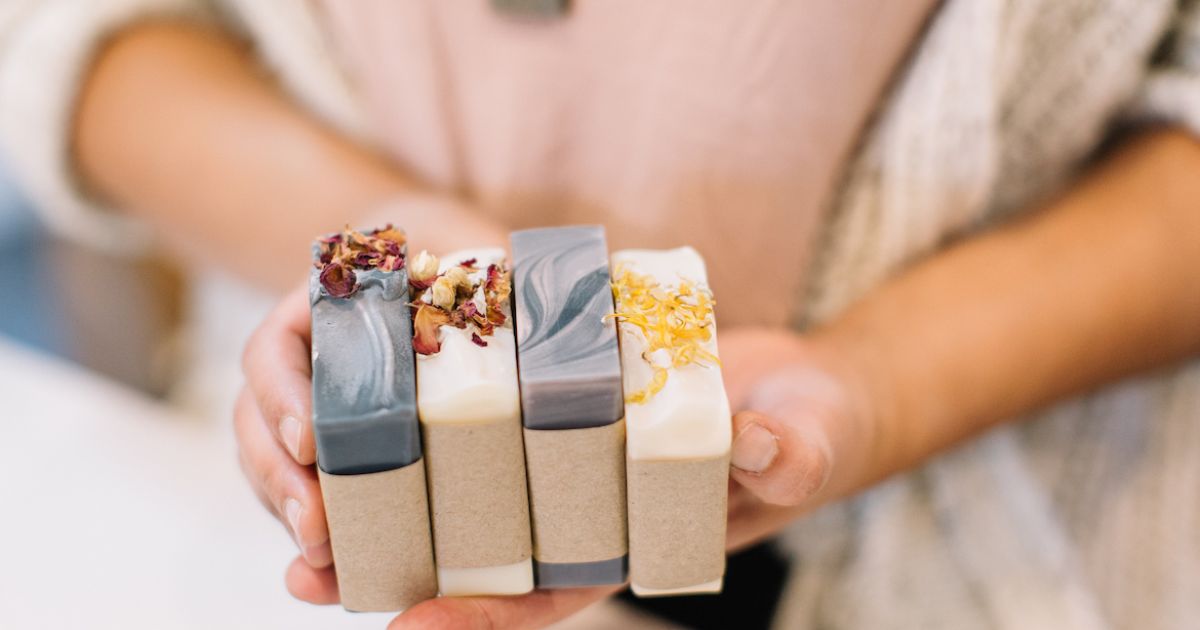The Fascinating History of Diwali: Celebrating the Festival of Lights
Diwali is one of the most important festivals celebrated in India and is known as the Festival of Lights. It is a time of joy and celebration when people come together to honor the triumph of light over darkness and good over evil. Diwali is celebrated by people of all ages and religions, making it a truly inclusive festival. In this blog post, we will explore the history and significance of Diwali and the traditions associated with this fascinating festival.
The history of Diwali is deeply rooted in Hindu mythology. According to the Ramayana, one of the most significant Hindu epics, Lord Rama returned to his kingdom of Ayodhya after defeating the demon king Ravana. People celebrated his return by lighting lamps and fireworks, which is why Diwali is also known as the Festival of Lights.

There are several historical events associated with Diwali. For instance, in Jainism, Diwali marks the attainment of Moksha by Mahavira, the last Jain Tirthankara. Additionally, in Sikhism, Diwali commemorates the release of Guru Hargobind Sahib from prison. These events add to the rich history of Diwali and its significance in Indian culture.
Diwali has a significant religious importance in Hinduism, Jainism, and Sikhism. In Hinduism, the festival marks the triumph of good over evil and the victory of Lord Rama over Ravana. It is also a time to worship Goddess Lakshmi, the goddess of wealth and prosperity. In Jainism, Diwali marks the attainment of Nirvana by Lord Mahavira. In Sikhism, it commemorates the release of Guru Hargobind Sahib from imprisonment by the Mughal emperor Jahangir. This religious significance makes Diwali a time for spiritual reflection and renewal.
Diwali is not only a religious festival but also holds great cultural significance in India. The festival represents the unity in diversity of India, as people of all religions and backgrounds come together to celebrate it. The traditions and rituals associated with Diwali are passed down from generation to generation, making it an important cultural event. It is a time for families to reunite, share gifts, and enjoy festive foods. The vibrant colors, decorations, and lights during Diwali add to the cultural significance of this joyful festival.
The preparations for Diwali begin weeks in advance. People clean and decorate their homes with rangolis, diyas, and lights. They also shop for new clothes, jewelry, and sweets. In addition, people make elaborate preparations for the Diwali feast, which is an important part of the celebrations.

Diwali is celebrated over five days and each day has its own significance. People light diyas and candles to decorate their homes and streets. They perform puja and offer prayers to Lord Ganesha and Goddess Lakshmi for blessings and prosperity. Fireworks are also an important part of Diwali celebrations, especially on the night of Diwali.
The celebrations continue even after Diwali. The day after Diwali is known as Govardhan Puja, which is celebrated to commemorate the victory of Lord Krishna over Lord Indra. The final day of the festival, Bhai Dooj, is celebrated to strengthen the bond between brothers and sisters.

Diwali is a beautiful and ancient tradition, celebrated by people around the world. It’s become a special time synchronizing the spiritual values of Hinduism and culture. Even for those who don’t take part in the full religious ceremonies, there are special aspects every year that increase one’s love for this festival. Enjoying delicious food with family, decorating homes with lights and colors, and purchasing new clothes - these activities make those gathered feel closer to one another during this holiday. Such feelings of connection may be especially important to gain when having to travel away from home. That’s why, for all of our travelers out there, we highly recommend trying 50 fun ideas at least once that can be found on one of our decks of cards! Along with blessing each other, lighting diyas, and watching fireworks, join us by adding an extra element to your Diwali celebration this year.


